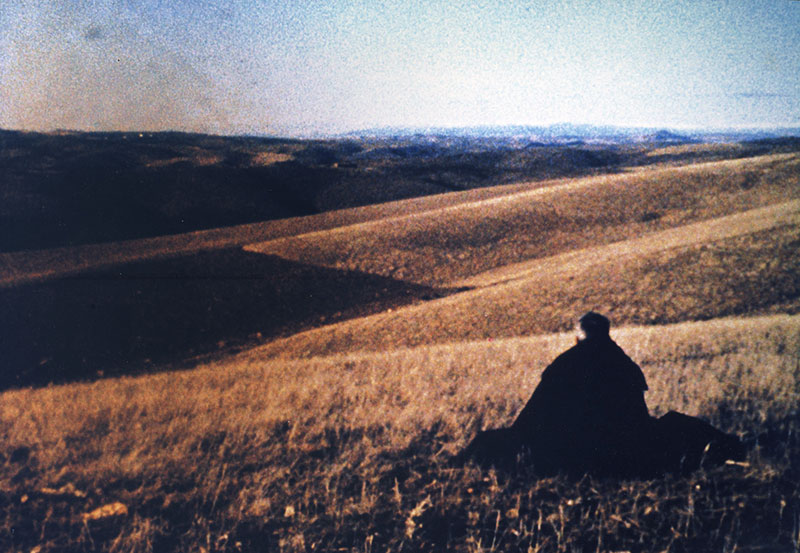Trás-os-Montes
A way of life that stands under no present law and only pays attention to the wisdom and advice which reach across to us from ancient times.
“A way of life that stands under no present law and only pays attention to the wisdom and advice which reach across to us from ancient times,” wrote Franz Kafka in The Great Wall of China. It is this text, read out in the guttural sub-dialect of northeastern Portugal, which is at the heart of Tràs-os-Montes, António Reis and Margarida Cordeiro’s first portrait of the Nordeste Transmontano region, the “frontier of sorrow” between Spain and Portugal. Here, out of reach from the arm of the law, out of sight from the watchful eyes of the capital, another form of community still abides, a deep-rooted communion between men, land, and the seasons. Here, at the crossroads of different ages, haunted by a violent history of inquisition and repression, steeped in ancient myths and primitive rites, time offers resistance. In the words of Rainer Maria Rilke, whose poetry deeply inspired their work: “When behind each shape more that the past lays hidden, when that which lay before us was not the future.” In these rural villages, working from day to day as “peasants of cinema”, Reis and Cordeiro created two magnificent frescos, depicting forms of life that owe absolutely nothing to the imperatives of Empire. It is a world of endurance, always on the verge of disappearing, trees of life blooming and withering alike, caught in the throes of the great round of change.
